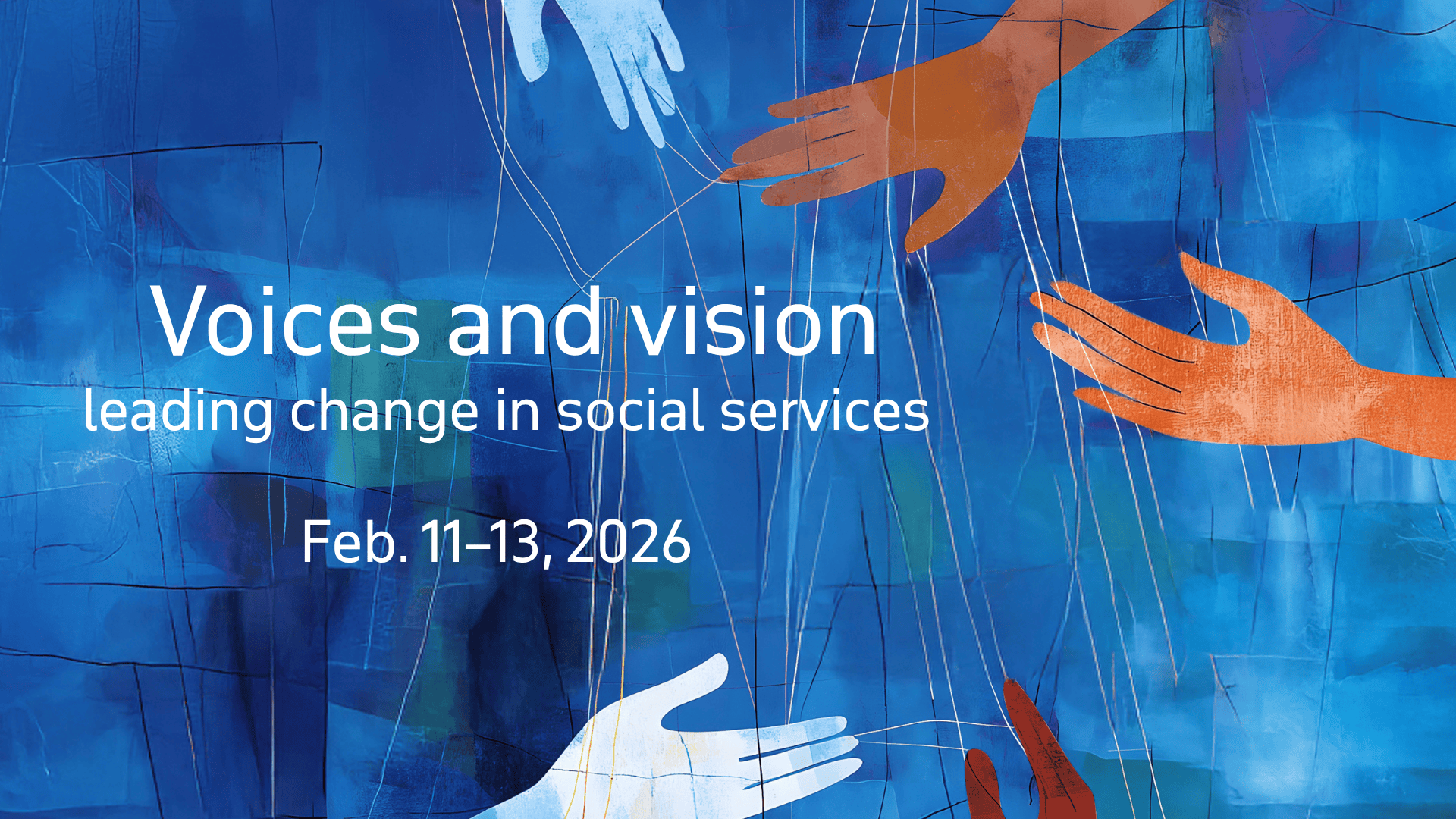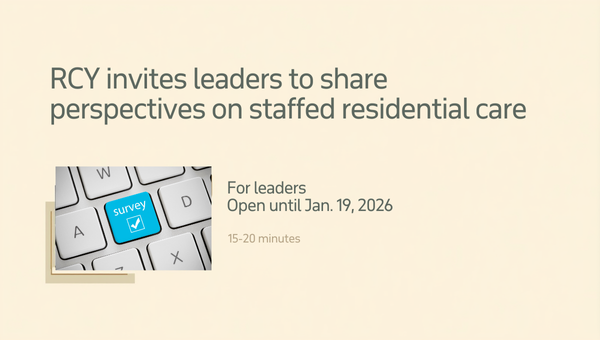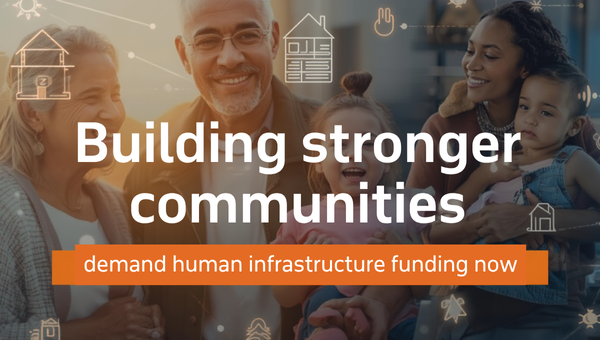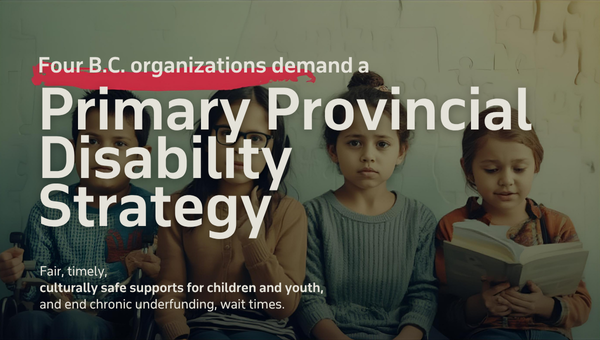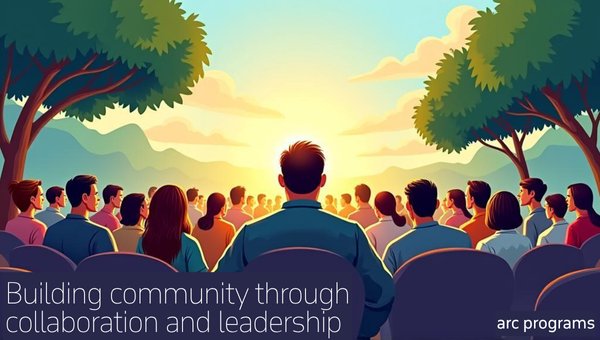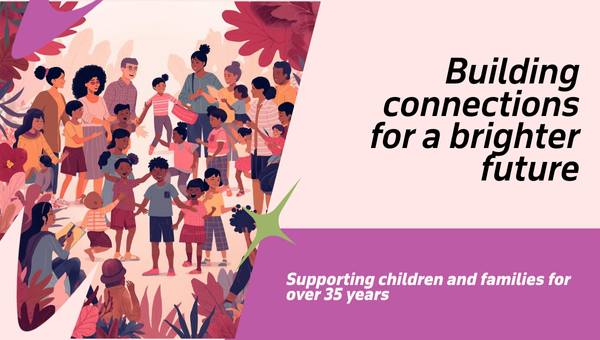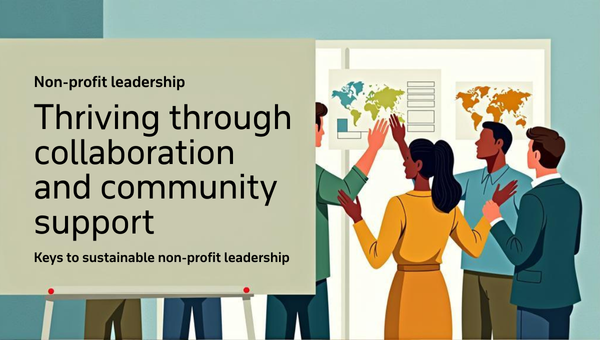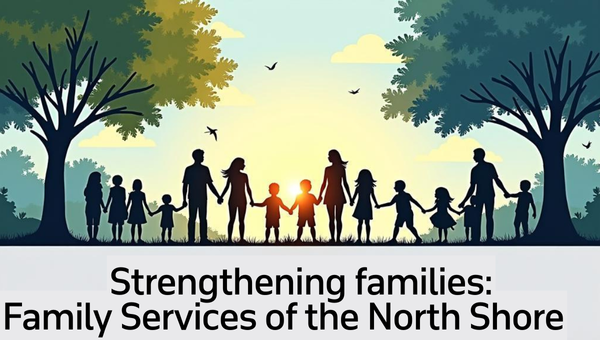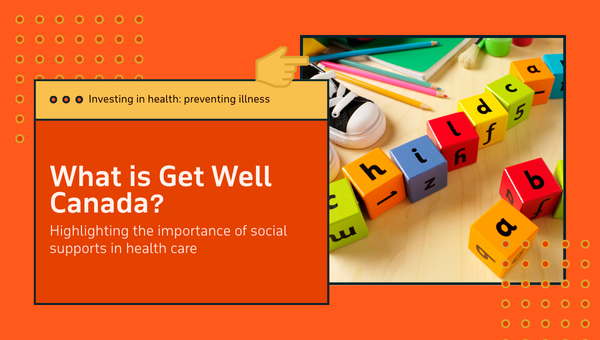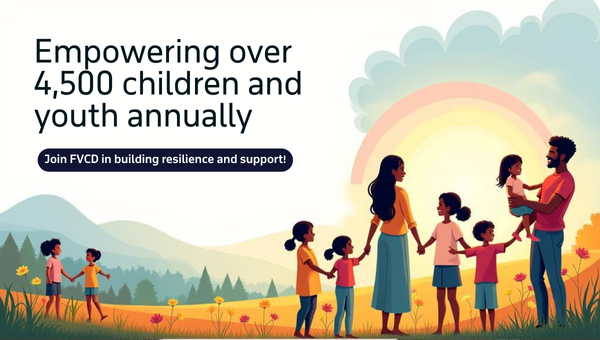Featured News
- Federation News
Mark your calendar for "Voices and vision: leading change in social services," Feb. 11–13, 2026, at the Inn at Laurel Point in Victoria. Formerly the Social Policy Forum, this gathering brings together diverse voices to build a shared vision for stronger, more equitable social services. Early-bird deadline: Jan. 12.
- Sector update
The Coalition of BC Service Providers has retained legal counsel and is preparing for formal mediation with CLBC under Schedule F of CLBC’s Terms and Conditions, expected to begin in February 2026. The Coalition is seeking broader sector engagement and will host an informational webinar on Feb. 19, from 12 p.m. to 1 p.m., via Microsoft Teams. The session will outline concerns, impacts and priorities and gather feedback ahead of mediation. RSVP by Feb. 18 at 3 p.m.
- Weekly Update
The Representative for Children and Youth is inviting owners, executive directors and managers to complete a confidential online survey as part of its ongoing review of staffed residential resources. The survey gathers leadership and system-level perspectives on how services are delivered and supported. A separate survey for direct service providers is also available. Both surveys take 15 to 20 minutes and remain open until Jan. 19.
- Federation News
The Transformative Reconciliation program has been designed for Federation members to engage in reconciliation work through collaborative learning, design and practice. Cohort 6 runs January - December 2026. The program is designed to be inclusive of both Indigenous and non-Indigenous participants and Indigenous and non-Indigenous organizations.
- Federation News
The Federation welcomes the federal government’s 2025 budget focus on long-term capital investment, including the $51-billion “Build Communities Strong Fund.” But it urges matching investments in human infrastructure to sustain community services across B.C. As agencies face rising costs, complex needs and staff shortages, the Federation calls for funding that reflects the true cost of service delivery and supports stability in areas such as mental health, housing, child care and early intervention.
- Federation News
Four B.C. organizations are calling for a provincial disability strategy to ensure fair, timely and culturally safe supports for children and youth with disabilities. The joint statement says chronic underfunding, long wait times and poor coordination leave tens of thousands of families without essential services or a sense of belonging.
- Highlighting members
arc programs builds community through collaboration, shared leadership and strong partnerships across the Okanagan and West Kootenay regions. CEO Candice Henriques highlights humility, listening and openness as key leadership values. With priorities including staff wellness, reconciliation and advocacy, the organization works to strengthen equitable, inclusive care for children, youth and families.
- Highlighting members
arc programs has supported children, youth and families in the Okanagan and West Kootenay for more than 35 years. Guided by the values of connection, collaboration and reconciliation, the agency offers community-based services, including mental health, family supports and developmental disability programs, to foster belonging, equity and hope.
- Highlighting members
Executive directors in the non-profit sector thrive by fostering healthy organizational cultures, staying aligned with community needs and building strong peer networks, says Julia Staub-French of Family Services of the North Shore. She stresses collaboration, support and mission focus as key to leadership longevity and reducing burnout.
- Highlighting members
Family Services of the North Shore has long supported families through programs addressing early childhood, gender-based violence, mental health and community connection. Led by executive director Julia Staub-French, FSNS initiatives, such as Thrive Family Centres and the Community Hub, help build resilience, prevent harm and strengthen the North Shore community.
- Get Well Canada
Get Well Canada is a Generation Squeeze initiative, supported by The Federation, that shifts focus from treating illness to preventing it. By promoting balanced investment in social supports, such as housing, childcare, education and income security, it aims to reduce pressure on B.C.'s strained health system.
- Highlighting members
For over 40 years, the Fraser Valley Child Development Centre has empowered children and youth with diverse abilities through collaboration, advocacy and inclusive services. CEO Karen Dickenson Smith says working together strengthens communities. With its 2025-2028 plan, FVCDC aims to expand its impact across the Fraser Valley and beyond.
- Highlighting members
The Fraser Valley Child Development Centre supports over 4,500 children and youth annually through crises and everyday challenges. From emergency relief during floods and the pandemic to innovative early learning programs like the CALM Curriculum©, FVCDC combines compassion, collaboration and advocacy to ensure families feel supported, resilient and empowered.

